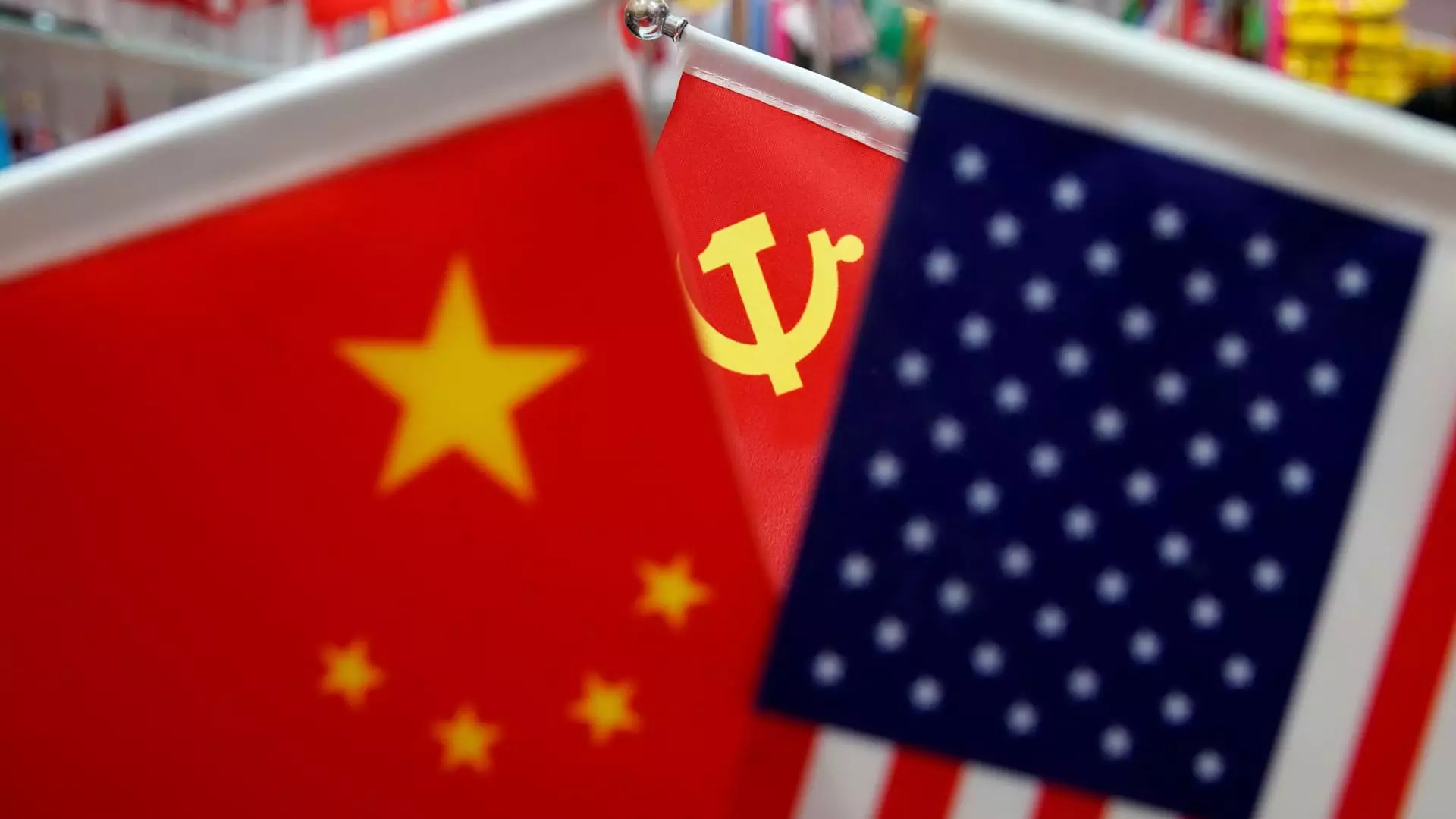In the tumultuous landscape of U.S.-China relations, negotiations often resemble a game of chess played on an unsteady board. As reported, President Donald Trump recently expressed his skepticism about reaching an agreement with Chinese President Xi Jinping, remarking on the complexity of their negotiations. The trade war, which has escalated over the years, is more than just a series of tariffs and counter-tariffs; it’s a reflection of underlying power struggles and divergent national interests that highlight the modern geopolitical landscape. The tension is palpable, and Trump’s admission speaks to the inherent challenges in fostering mutually beneficial dialogue when both leaders seem to be playing by different sets of rules.
While the White House hints at potential talks, the reality bears a striking contrast. Scott Bessent, the U.S. Treasury Secretary, lamented the stagnation of trade talks, suggesting that decisive action must come from the top leaders. Such remarks underscore the frustrating inertia that plagues these negotiations. It’s illustrative of a broader trend in international relations where leaders talk a big game but often fail to act decisively. The skepticism surrounding whether a phone call would even be arranged speaks volumes about the trust deficit that characterizes U.S.-China dialogues.
Trump’s Perspective: Flattery and Frustration
Trump’s more personal approach to diplomacy is reflected in his overt admiration of Xi. Still, it’s laced with an urgency that bubbles under the surface. “I like President Xi of China, always have,” he proclaimed, while simultaneously labeling Xi as “VERY TOUGH” and “EXTREMELY HARD TO MAKE A DEAL WITH!!!” Such statements reveal an inherent contradiction: admiration veiled in frustration. It raises a crucial question—can genuine respect coexist with the strategic maneuvering that international negotiations demand?
The reality is that both leaders are trapped in their own narratives. Xi is firm in his position, managing his own domestic pressures and listening to a populace tired of interference from the U.S. Similarly, Trump must appease his base, which views China with skepticism—even hostility—amid fears of economic decline. This push and pull creates a complicated web of negotiations that often leads to stalled discussions and broken promises.
The Blame Game
In the wake of the last major agreement, reached in Switzerland on May 12, both nations have taken to blaming each other for breaches. The agreements are often ephemeral, showcasing a disconnect in expectations. Washington anticipated that China would roll back restrictions on rare earth exports, yet Beijing’s reluctance points to deeper issues that go beyond mere trade.
Moreover, the U.S. has escalated its tension by criticizing China’s access to advanced technologies. This was accompanied by controversial actions such as revoking visas for Chinese students, which only heightens animosity and distrust. These “negative measures,” as termed by Chinese Foreign Minister Wang Yi, reflect a broader pattern of escalating rhetoric and strategic posturing, undermining the potential for constructive dialogue.
Beijing’s Counter Moves
While Trump expresses a desire to communicate, China appears relentlessly strategic, seeking to position itself favorably without providing any substantial concessions. Their narrative is almost diplomatic theater—seemingly open to dialogue, yet shielded by layers of justification that protect their sovereignty and interests. Analysts interpret this dance as a tactical measure, intended to ensure that any discussions are not laced with sudden surprises or threats from the U.S. side, a recurrent source of tension during negotiations.
The seemingly endless back-and-forth between these superpowers reveals a systemic failure in communication, underscoring the lack of a collaborative spirit essential for fruitful negotiations. While both nations project strength, what emerges is a vulnerability—an inability to genuinely connect and rationally address issues that are not merely transactional but deeply rooted in the fabric of international relations.
In essence, the facade of teamwork between Trump and Xi crumbles under scrutiny, revealing two leaders persistently unable to find common ground. As they continue to navigate this brutal dance of diplomacy, the question looms: will they ever be able to step off the battlefield and seek a path toward cooperative engagement?

